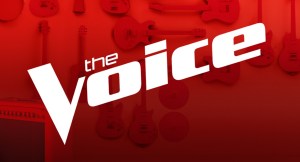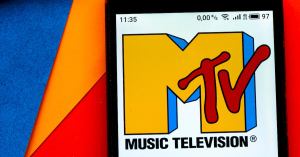Bella Thorne shocked fans with the revelation that she has been the victim of molestation.
On Friday, a follower left a rude comment to the actress and model on Twitter, writing “What did Disney do to this girl?! I think she was molested.”
Videos by PopCulture.com
“Yeah I was. So it wasn’t Disney,” Thorne fired back.
Yeah I was. So it wasn’t Disney https://t.co/rXasG4pqov
— bella thorne (@bellathorne) December 8, 2017
After fans flooded the 20-year-old’s feed with supportive messages, Thorne elaborated by adding, “The world can be a sick place sometimes.”
The world can be a sick place sometimes :/
— bella thorne (@bellathorne) December 8, 2017
She has not added any further details about the assault, including when the alleged molestation happened or who is the accused molester.
Thorne’s stunning admission comes on the heels of dozens of other women who have spoken out about sexual harassment and assault they have endured throughout the years.
Many of those women, including Rose McGowan, Ashley Judd, Taylor Swift, Alyssa Milano and #MeToo creater Tarana Burke, were awarded TIME‘s Person of the Year title. Grouped together, these women (and some men, including Terry Crews) were dubbed “The Silence Breakers.”
While the concept of #MeToo was started in 2006 by Burke, an activist, its use became part of the national conversation in October after celebrities used it on social media to share their own sexual abuse stories in the wake of the Harvey Weinstein scandal. The wave of admissions prompted people from all walks of life to share their own stories.
“I could never imagine this, I could never have envisioned something that could change the world,” Burke said at the reveal on Today alongside actress Alyssa Milano, who claims she was also sexually harassed and helped bring the #MeToo movement to a wider audience.
“As women we have to support each other and stand up and say, ‘No more,’” Milano said.
Time reports that social media acted as fuel for the movement, as the #MeToo hashtag has been used millions of times in at least 85 countries.
“Sexual harassment does bring shame,” Burke said. “And I think it’s really powerful that this transfer is happening, that these women are able not just to share their shame but to put the shame where it belongs: on the perpetrator.”
The movement, as well as other high-profile people sharing their stories as victims, has led somewhat of a reckoning to occur in multiple workplace environments, including the entertainment industry, journalism and government, among others.








